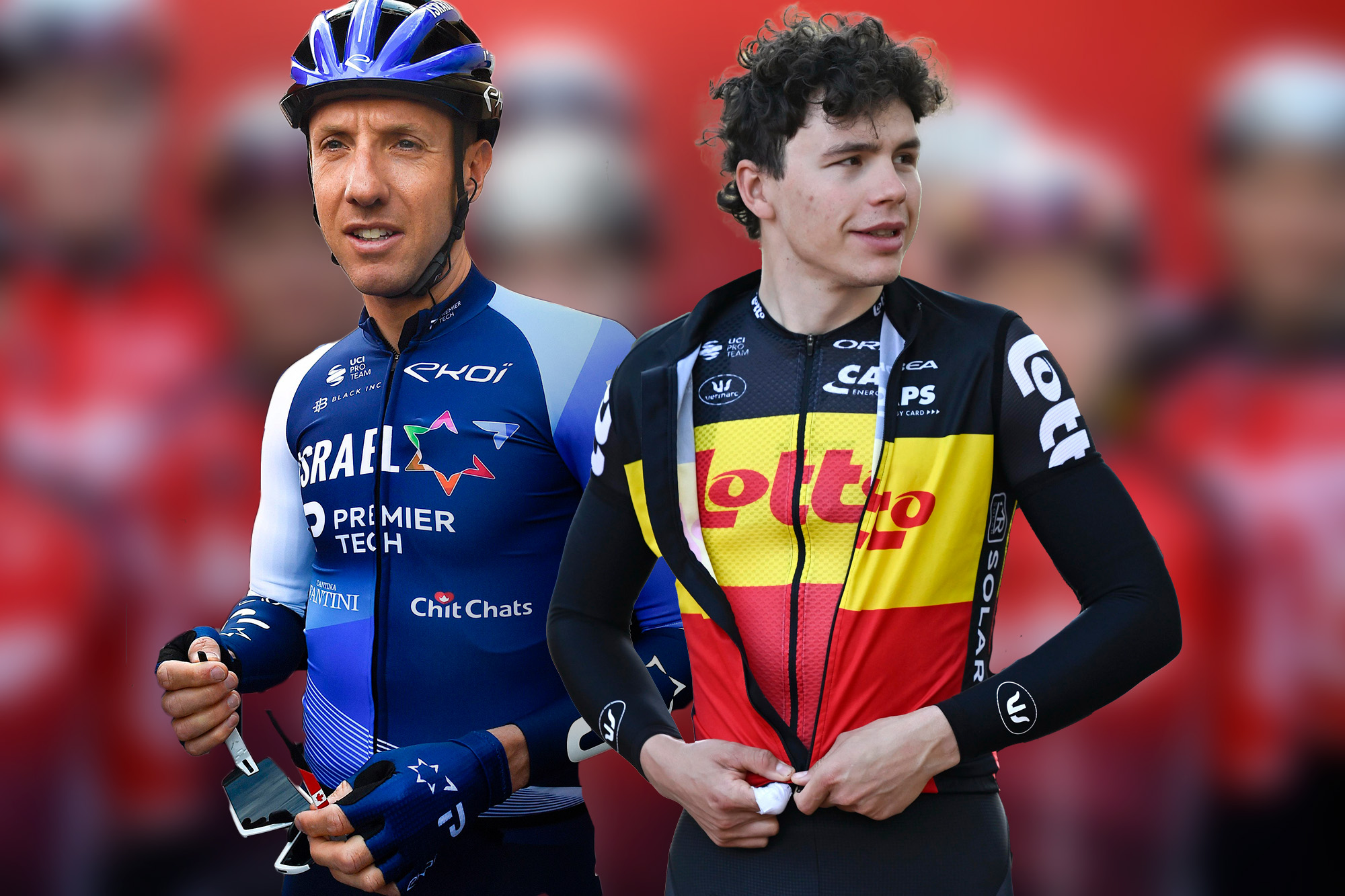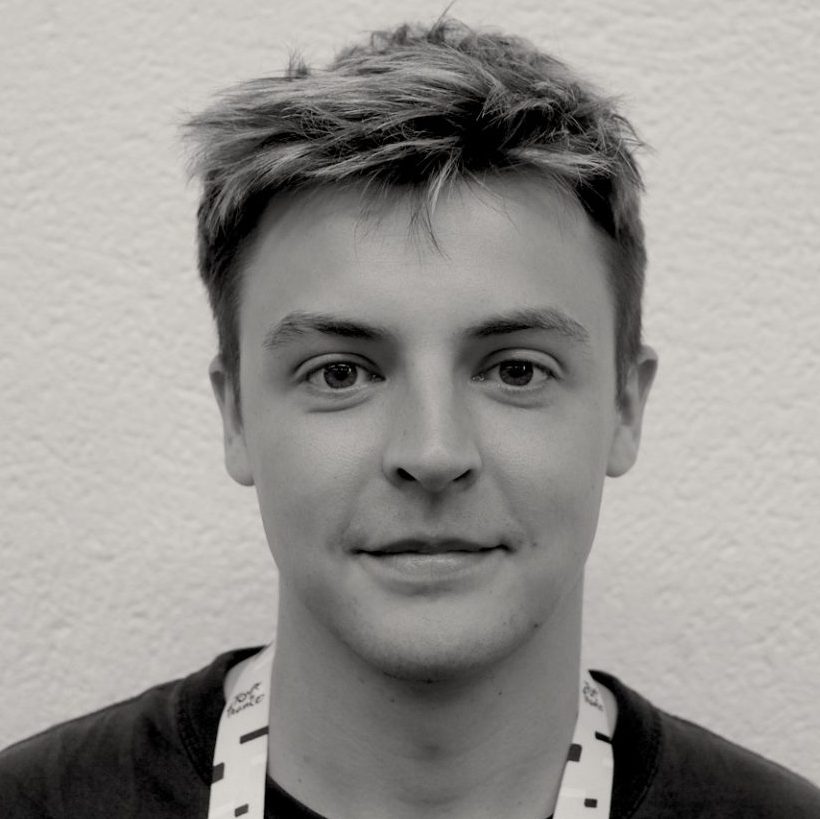On New Year’s Eve, whilst the world was celebrating another successful lap around the sun, an ASO staffer was busy putting together a press release detailing the 21 teams that would start Paris-Nice in little over three months’ time.
WorldTour teams get an automatic invite to WorldTour events, which Paris-Nice is, while organisers are permitted to hand out a few wildcards to ProTeams, in this case Total Energies, Uno-X Mobility and Tudor Pro Cycling.
But conspicuously missing from the list were the two ProTeams who gain automatic invites to all 2025 WorldTour races as the two highest-ranked ProTeam squads at the end of the most recent relegation cycle.
“Israel-Premier Tech and Lotto have declined the invitation,” the press release said, stating a 22nd team will instead be announced at a later date to make up the numbers.
Even since the two were demoted to the second tier at the end of 2022, both teams typically turn out for Paris-Nice, one of the biggest stage races on the calendar. What’s the reason they’re giving it a miss this year?

“This season,” Lotto told Escape Collective, “we’re focusing more on one-day races, as they offer more opportunities to earn points for our return to the WorldTour. That’s why we’re skipping Paris-Nice, as well as Tirreno and the Giro, for example.”
That is 22% of WorldTour race days Lotto is opting out of in pursuit of its goal to rejoin the WorldTour next year. It’s a ridiculous but perversely accurate logic that shows a re-jig is desperately needed for teams to truly revere the top division of cycling.
Here’s why: a stage victory at Paris-Nice, for example, awards you 60 UCI points compared to the 1.Pro Tro-Bro Léon (won by Lotto’s sprinter Arnaud De Lie last year) gaining you 200 UCI points (and a pig, but that’s besides the point).
This statement from Lotto speaks to an abundance of caution heading into the new season, as looking at the below graph, they are comfortably on track for a return to the WorldTour. The team sits ninth in the overall rankings, 10,728 points ahead of Arkéa-B&B Hotels, who haven’t come close to achieving that total in either of the past two seasons. For Arkéa to somehow pass the Belgian team it would also involve Lotto scoring 0 points in 2025.

With the scoreboard resetting at the start of 2026, it’s not even like Lotto is banking points ahead of time to give them the best chance of preserving WorldTour status for the next cycle, the biggest prize of which is an automatic invite to the Tour de France.
Lotto manager Stephane Heulot recently spoke to Het Nieuwsblad and said his team had “performed above our budget for two years already,” before hinting at the anxiety that in cycling the gap between the rich and comparatively poor is growing, which may have fed into this concentration on races they believe they can play a serious part in, as the squad looks for success to please sponsors.
“The future of cycling is in danger,” Heulot said. “I have spoken to many people about this and everyone is worried. If only a handful of teams determine who wins the races, that will not benefit the interest in cycling.
“But if we want to play a role in the WorldTour in 2026, something has to be added. Anyone who has the budget to buy a Citroën cannot expect to be able to drive a Ferrari.”
The question remains: when Lotto regains WorldTour status, and is then obliged to field teams at all WorldTour events and maybe isn’t able to target the easier points available on the calendar, are they doomed to repeat this promotion and relegation cycle once more?
Israel-Premier Tech, the other team skipping out on Paris-Nice, told Escape it wasn’t “a points-related strategy, but rather a decision to optimize performance by sending our riders to races where we think they have the best chance of success.”
“Our February calendar is very busy,” they continued, “so we don’t feel we are in the best position to race simultaneous WorldTour stage races so this year, we decided to opt out of Paris-Nice.”
Israel will, however, be racing Tirreno-Adriatico and the Giro d’Italia, the former the perfect prep for Derek Gee, who has big plans for the latter after four second-place stage finishes in the 2023 Giro and a 2024 season where he finished ninth overall at the Tour de France.

What can we draw from these two seemingly minor decisions about the state of road cycling in 2025? Mostly a lot of things that were already very much apparent but are worth re-iterating.
The UCI points system doesn’t make a whole lot of sense when some teams will be incentivised to target smaller races rather than the WorldTour events that are supposed to be the prize of WorldTour status. Against the backdrop of the probably impending One Cycling launch, the fact that WorldTour status is primarily coveted for a lucrative Tour de France spot continues to give Tour organiser ASO the bargaining power it has wielded for decades. On the other hand, the fact some teams don’t seem too bothered by skipping another ASO-owned race in Paris-Nice will also likely be of some concern to the promoter.
While professional squads are large enough to allow teams to field riders at multiple concurrent races in the sport’s crowded calendar, the fact both teams feel the need to now optimise their programs to the extent they are missing out on a big race like Paris-Nice speaks to a pursuit of competitiveness we are only just beginning to get used to in cycling. While a football team would never be expected to contest two matches at the same time, cycling teams also don’t suffer from having thousands of their team’s fans watching from the stands and often expecting nothing short of victory.
The oddity of Israel and Lotto’s decision to skip Paris-Nice will likely be forgotten once the new road season begins, a small footnote crushed by more interesting and important stories. But it gives hints to the direction of our sport as it heads into what is shaping up to be a year of change.
Did we do a good job with this story?


